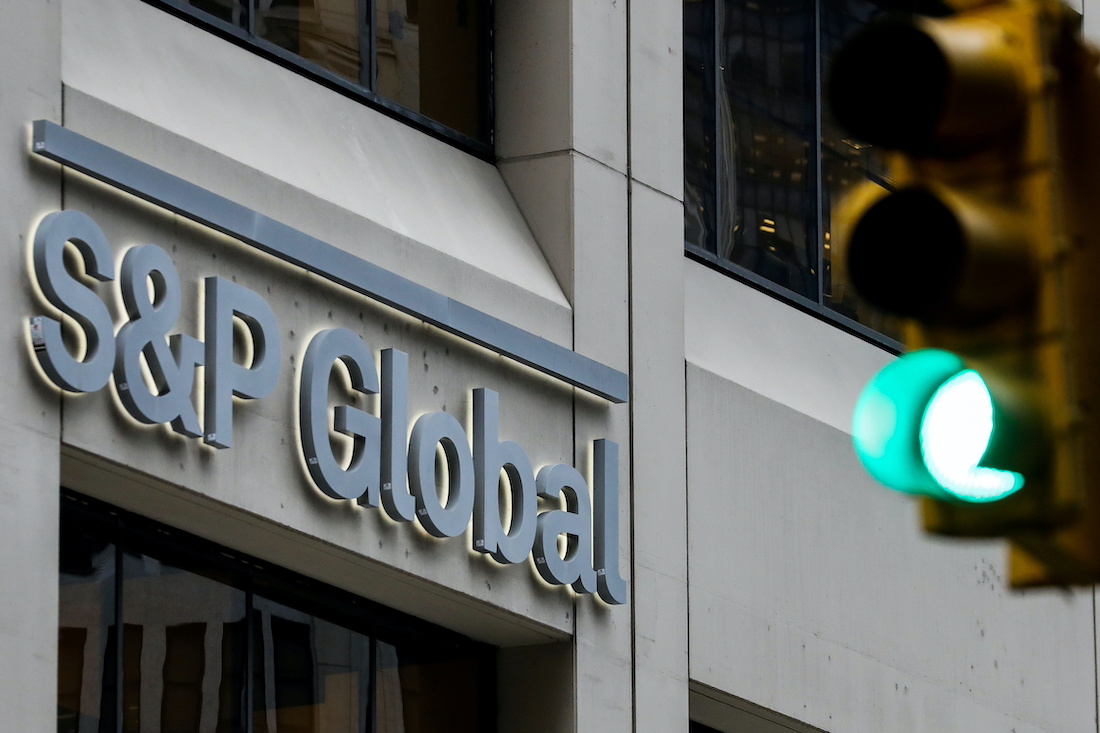Asian markets fell lower on Thursday, following Wall Street amid fears about inflation and central banks having to tighten their monetary policies sooner than forecast.
While recent data and healthy corporate earnings indicate that consumers continue to spend, traders are increasingly fearful that more than a year of massive financial support – coupled with rocketing demand and supply chain snarls – could send prices out of control.
Figures on Wednesday showed inflation in the United Kingdom at a decade high and an 18-year peak in Canada – a week after US figures came in at levels not seen since 1990.
Also on AF: Evergrande Raises $273m from HengTen, But Default Seen ‘Likely’
The data – which mirror big gains in other countries – have ramped up pressure on policymakers to act soon, with some commentators warning of a possible recession if they did not.
And eyes are focused on the Federal Reserve – the central bank of the world’s top economy – whose massive bond-buying programme has been a key pillar of support to the global recovery and rally in stock markets.
Officials have said they will begin winding back the so-called quantitative easing measures gradually from this month and not be in any rush to hike interest rates, saying the inflation surge is only temporary.
But an extended period of reports of soaring prices could force them to re-evaluate their plans.
“With these most recent inflation readings, there is some concern that the Fed will reduce the amount of purchases – accelerate that tapering,” Michael Arone of State Street Global Advisors said. “That would be a surprise to markets and could induce some volatility.”
Meanwhile, S&P Global Ratings said a default is still “highly likely” for the Evergrande Group despite its recent bond coupon payments because it faces bigger tests in March and April next year, when some $3.5 billion of maturities in dollar bonds are due.
“The firm has lost the capacity to sell new homes, which means its main business model is effectively defunct. This makes full repayment of its debts unlikely,” S&P Global said in a report.
Tech Firms Down in HK
All three main indexes on Wall Street ended in the red, and Asia followed suit. Hong Kong, which fell Wednesday after six straight days of gains, extended losses with tech firms among the biggest losers, while Tokyo, Shanghai, Seoul, Wellington, Manila and Jakarta also saw sizeable selling. Still, Sydney and Singapore edged up.
Mumbai also fell, with Indian mobile payments giant Paytm losing a quarter of its value on its debut, after raising $2.5 billion in the country’s biggest ever IPO, as traders questioned whether the loss-making firm would ever turn a profit.
The euro dropped against the dollar on bets the European Central Bank will hold off tightening policy until the new year, just as the Fed begins to taper its bond-buying.
London opened with a loss but Paris and Frankfurt inched up.
Oil retreated further, having seen a substantial drop the day before, on worries about demand, and after Joe Biden and his Chinese counterpart Xi Jinping discussed releasing some of their countries’ massive reserves to address a spike in prices that is partly fanning inflation.
“Inflationary pressures are heating up everywhere and that has some investors nervous about the short-term growth outlook, which could also translate to softer crude demand,” OANDA’s Edward Moya said.
Key figures around 0820 GMT
Tokyo – Nikkei 225: DOWN 0.3% at 29,598.66 (close)
Hong Kong – Hang Seng Index: DOWN 1.3% at 25,319.72 (close)
Shanghai – Composite: DOWN 0.5% at 3,520.71 (close)
New York – Dow: DOWN 0.6% at 35,931.05 (close)
• AFP with additional editing by Jim Pollard
























